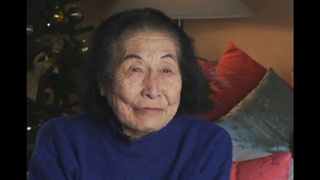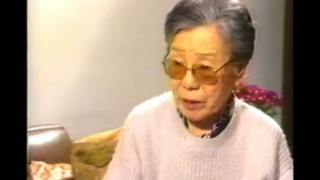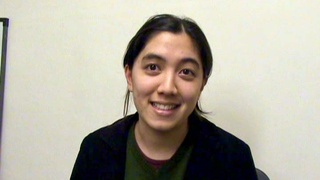Interviews
The Portuguese exam (Japanese)
(Japanese) The exam finally began, and back then there were both escrita (written) and oral (oral). I could think really hard and just get by with the Portuguese escrita, but I couldn’t understand a word from my instructor during the oral. They ask me questions about geografia (geography) and história (history), and I would have to ask them to repeat it several times. What’s worse is that, back then, for the oral exam, there would be several other students gathered around behind us and listening. Anytime we say something, they really start laughing out loud. I got all nervous just from that, so much so, that I wouldn’t know what was going on anymore. I still remember how three proctors would sit in front of us, asking questions, one by one, about conjugation do verbo (verb conjugation). Well that time I was somehow able to get through it, but there would be others who were asked questions like “conjugate the verb, chover (to rain),” and their answer would be like “um… I am…” So the students around us are laughing their heads off, and we’re next in line watching all of this, traumatized. Another thing was the essay prompt. For the first exam, they would write the topic of the essay, which was “O sofrimento (on suffering),” and they tell us to write over 20 lines on lined paper. This was the exam. But then, I have no idea what sofrimento means. There’s no way to write about it! Yet I look around, and all these Italians and Frenchmen are swiftly writing away, so man, oh man—I had to write something. I wrote something like, “The weather is very nice today, so on a day like this, I bet it would feel wonderful to go for a walk outside.” I got home and looked up sofrimento in the dictionary—it means suffering. My god, the essay itself was a sofrimento! Needless to say, all three of us friends did not pass Portugese.
Date:
Location: Brazil
Contributed by: Caminho da memória - 遥かなるみちのり. São Paulo, Brazil: Comissão de Elaboração da História dos 80 Anos de Imigração Japonesa no Brasil, 1998. VHS.














